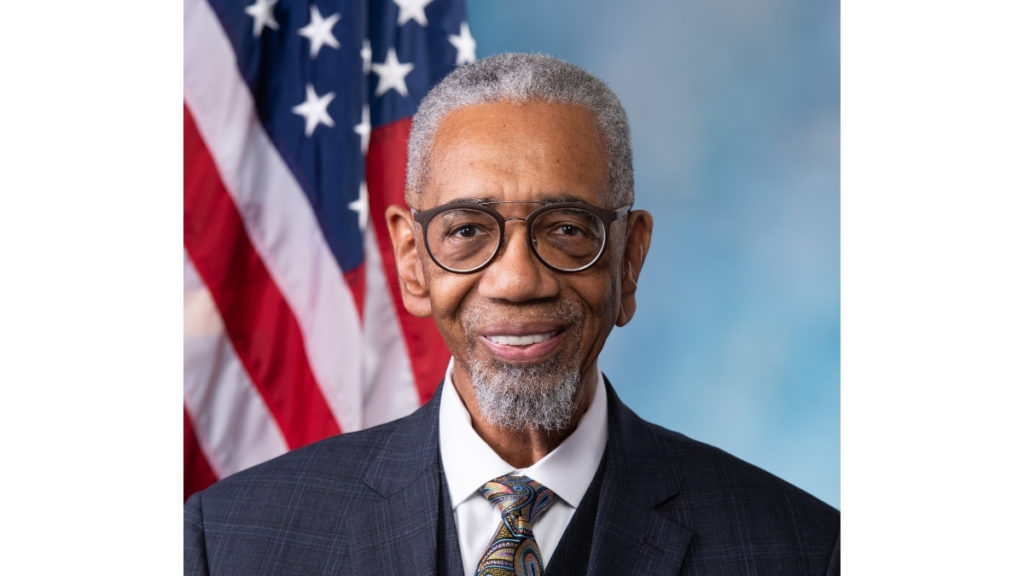Rush Highlights Energy Investments in Build Back Better Act, Emphasizes Need to Increase Diversity in Clean Energy Workforce

![]()
Rush Highlights Energy Investments in Build Back Better Act, Emphasizes Need to Increase Diversity in Clean Energy Workforce (Washington, DC) – U.S. Representative Bobby L. Rush (D-Ill.), Chair of the Energy Subcommittee, today led debate and helped marshal Committee passage of key clean energy provisions in the House Energy and Commerce Committee’s portion of the Build Back Better Act. Rush’s remarks on Subtitle D, the energy provisions in the bill, came early this morning, fourteen hours into a marathon multiday Committee markup. Subtitle D passed through the Committee this afternoon by a vote of 30-27 and was referred to the House Budget Committee for compilation with other components of the Build Back Better Act.
In his remarks, Rush highlighted the importance of key clean energy investments in the bill, including a Clean Electricity Performance Program (CEPP) to decarbonize America’s electricity sector, rebates for homeowners to retrofit their homes with energy efficient appliances, funding for the Weatherization Assistance Program to help low-income homeowners reduce their energy bills, money to revitalize our electric grid, and investments in electric vehicles modeled after Congressman Rush’s NO EXHAUST Act.
“Individually, each of these investments would be worthwhile, Rush said. “Together, they are transformative. They will help our country advance in the fight against the climate crisis. At the same time, they create millions of jobs and ensure that every American has access to the technologies that will drive our economy for the next 100 years. Critically, the bill before us today makes these investments in an equitable and honorable way.”
“These investments are what we need to truly and equitably Build Back Better. But even with these policies, more work remains to be done,” Rush continued, going on to highlight the urgent need to increase diversity in the energy workforce.
“A recent USA Today article entitled ‘Jobs in Green Energy Filled with White Men’ encapsulates the urgency of ensuring that the impacts of these policies reach Black and Brown Americans. The article cites a concerning report published by E2 just last week, which showed that women and Black workers are vastly underrepresented in the clean energy workforce… I look forward to working with the Chairman and the Ranking Member to swiftly pass vital investments in energy workforce development to increase the diversity of the energy sector, including through my Blue Collar to Green Collar Jobs Development Act,” Rush concluded.
Rep. Rush introduced the Blue Collar to Green Collar Jobs Development Act of 2021 (H.R. 156) on the first day of the 117th Congress. The legislation would direct the Department of Energy, in awarding grants, to prioritize education and training for energy and manufacturing jobs, and prioritize educating and training workers from underrepresented groups including minorities, women, and veterans.
A full transcript of Rep. Rush’s remarks is available HERE.
In addition to these remarks on Subtitle D, Rush also gave opening remarks at the beginning of the markup, responded to Republicans’ bad faith arguments about provisions in the legislation constituting government overreach, and excoriated Republicans’ attempts to portray Democrats on the Committee as wanting to defund the police.
A fact sheet on key Energy and Commerce provisions in the Build Back Better Act can be found HERE.
Rush Highlights Energy Investments in Build Back Better Act, Emphasizes Need to Increase Diversity in Clean Energy Workforce








Responses